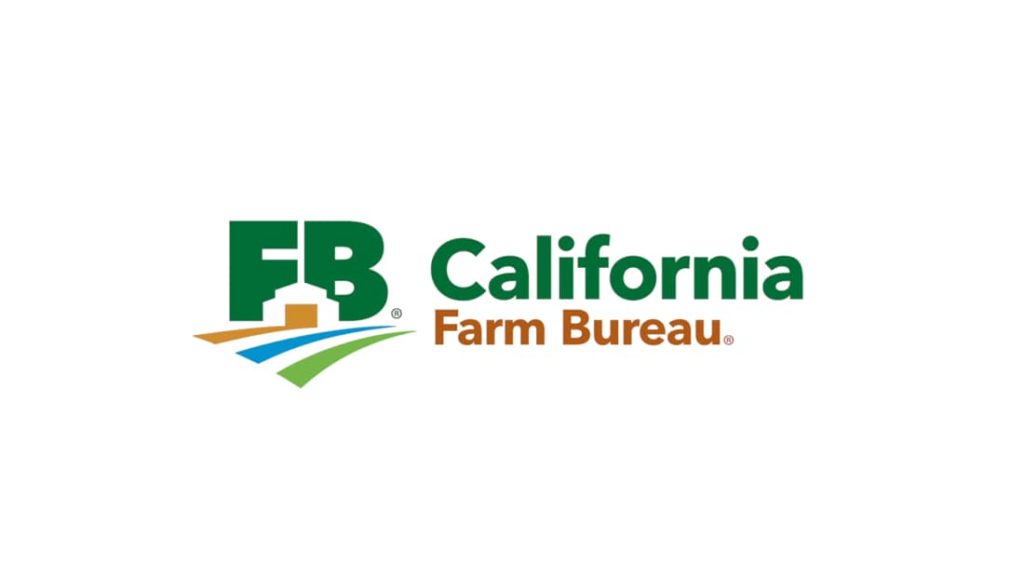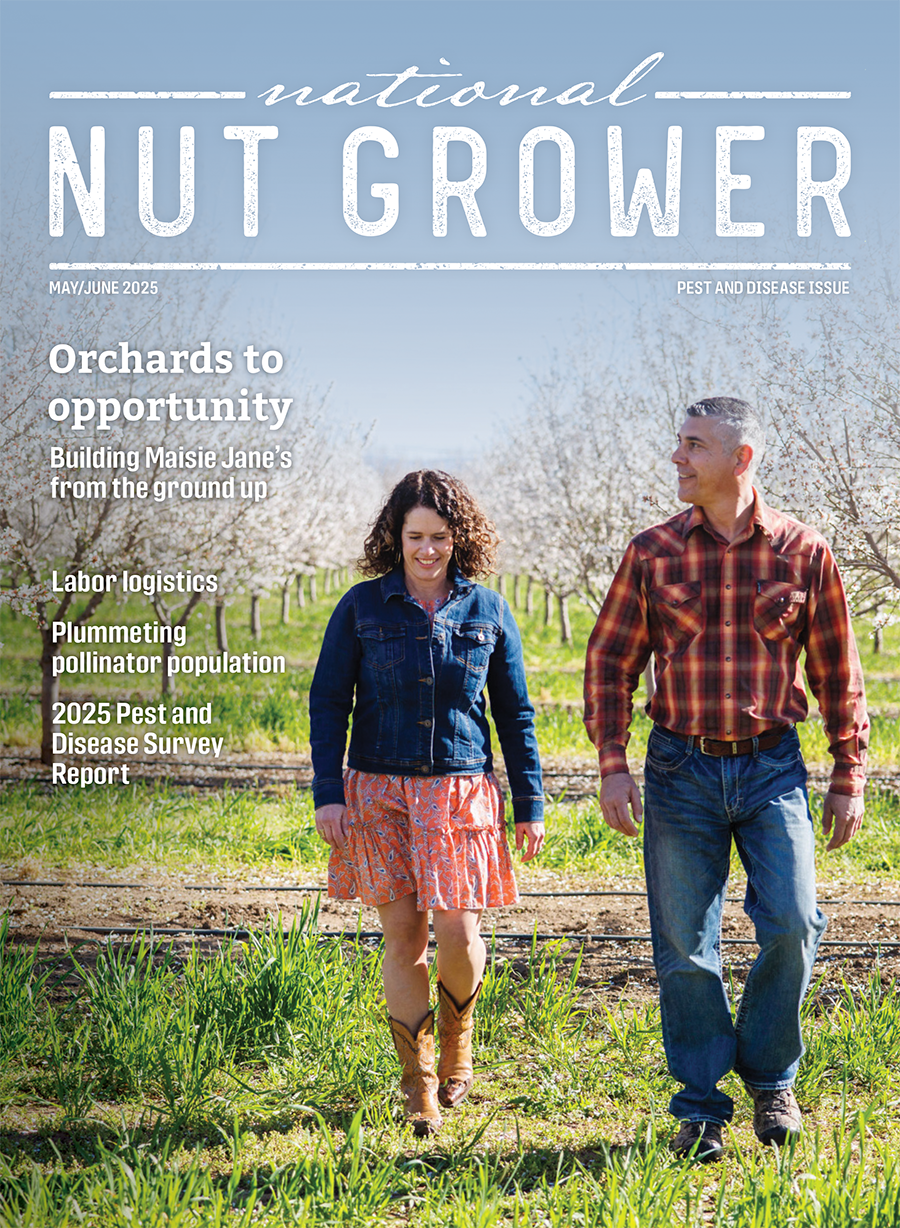
Sep 22, 2021California labor bills pass; budget boosts wildfire funding
As another wildfire season rages in California, state lawmakers are seeking to ramp up mitigation efforts and help people working outside protect themselves from smoke.
Among bills passed before the Legislature adjourned is Assembly Bill 73, authored by Assembly Agriculture Committee chair Robert Rivas, D-Hollister.
The bill “provides essential workers access to the state’s stockpile of N95 respirators,” said Bryan Little, director of employment policy for the California Farm Bureau and chief operating officer of Farm Employers Labor Service, a Farm Bureau affiliate.
Little said the legislation seeks to “avoid the kind of problem that we had in the spring of 2020, when a lot of ag employers were having difficulty sourcing N95 respirators.”
N95s, which must be certified by the National Institute for Occupational Safety and Health, are respirators designed to filter out 95% of airborne particles.
Cal OSHA’s Protection from Wildfire Smoke regulation requires employees working outdoors to be provided N95 masks when the air-quality index reaches 151– the low end of the “unhealthy” scale – in the presence of wildfire smoke containing particles measuring 2.5 microns or smaller.
California’s record-setting 2020 wildfire season, on top of the COVID-19 pandemic and normal seasonal use of N95s, pushed demand for N95 respirators well beyond suppliers’ ability to keep up, leading to problems for agricultural employers.
“We ran into an issue last year where some of the respirators that were being distributed out of the stockpile were not compliant with the requirements of the wildfire smoke regulation, or even pesticide-safety requirements,” Little said, noting this was strictly a supply-and-demand issue.
“The supply chain seems to have ironed out these kinks, but another black-swan event could cause a similar problem in the future,” he said.
Little emphasized that agricultural employers should maintain their own supply of N95 respirators and consider the state’s stockpile as a backup.
“AB 73 doesn’t do anything to change the type of respirator you’re required to provide,” Little said. “It’s just intended to make it relatively easier for employers to access that stockpile if they need to in an emergency.”
The bill unanimously cleared both chambers of the Legislature and is now on the desk of Gov. Gavin Newsom, who Little expects is likely to sign it.
Some of the state’s wildfire spending is contained in a budget trailer bill, Senate Bill 155, which was sent to the governor’s desk earlier this month.
This bill establishes an ongoing appropriation of $200 million from the state’s Greenhouse Gas Reduction Fund to help pay for healthy forests, fire prevention programs and prescribed burns. The funding is an extension of SB 901, enacted in 2018, which was intended to appropriate $1 billion over five years for wildfire-prevention efforts.
The bill also requires the California Natural Resources Agency to report on expenditures and implementation of all programs related to wildfire and forest resilience funded in the 2021 budget. The report is due in April.
Another budget trailer bill, SB 170, allocates nearly $1 billion to several wildfire-related projects.
The bill includes $257 million for various forest health, resiliency and private land ownership programs. It would allocate $139 million for state conservancies to undertake wildfire prevention programs. In addition, it would spend $282 million for CalFire’s fire-prevention grant programs, prescribed fire and other projects and $51 million for forestry industry economic stimulus and workforce development.
The money is coming from the state’s general fund ($758 million) and the Greenhouse Gas Reduction Fund ($230 million).
Meanwhile, several other bills that have agricultural interests worried are now awaiting action from the governor after clearing the Legislature.
AB 701 takes aim at performance metrics – “you’re expected to produce X pieces per hour,” as Little put it – in the workplace.
The legislative counsel’s digest for the bill says “if a current or former employee believes that meeting a quota caused a violation of their right to a meal or rest period or required them to violate any occupational health and safety law or standard,” the employee can ask for copies of the standards by which they are governed. That could include the past 90 days’ worth of information the employer has on them.
AB 701 – sponsored by Assemblywoman Lorena Gonzalez, D-San Diego – also would allow employees to take legal action over such metrics and recover their legal fees should they prevail.
Little said Farm Bureau opposes this bill because “it will create some legal peril in using numerical performance measures” of the sort “commonly used in agriculture and in packing.”
“Our members who do their own packing will be impacted by that bill,” Little said. “We don’t want to see the Legislature do things that would discourage the use of reasonable performance measurements by exposing them to legal liability for doing so.”
While the bill references “warehousing,” Little said the term is defined broadly enough that “it includes any type of producer that does their own packing if they employ more than 100 people.”
Also of concern to from interests is Senate Bill 606 from Sen. Lena Gonzalez, D-Long Beach. SB 606 calls for enhanced enforcement attention for operations dubbed “egregious employers.” The bill allows a presumption that a violation at one of an employer’s locations is occurring at other locations operated by that employer.
“We think it’s going to be very subjective, and it’s a decision that’s going to be made by the labor commissioner,” Little said, calling the designation “very much an eye-of-the-beholder type of decision” that could put a thumb on the scale of unionization campaigns.
There’s also confusion in how the Division of Occupational Safety and Health, known as Cal OSHA, might apply the standard, Little added.
“If you have the same violative condition that impacts 10 employees, that’s not one violation,” he said. “That’s 10 violations. You can see how quickly violations can pile up, and the more you have, the higher penalties tend to go.”
Newsom has until Oct. 10 to sign or veto bills sent to him before the Legislature adjourned.
– Kevin Hecteman, California Farm Bureau Federation









